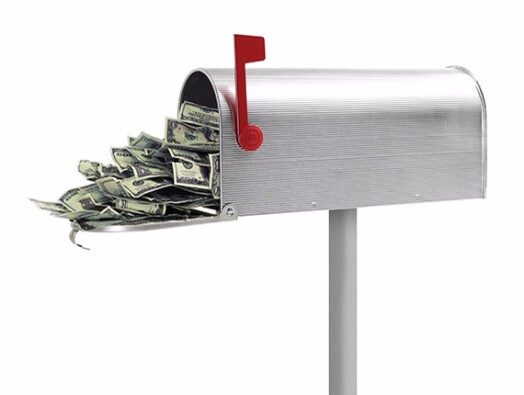
Bad Eggs, Rotten Apples
Following are 10 of our favorite recent cases including two from the enforcement side of things. (Note that we only picked cases that reached conclusions, which means, given how long sentencing procedures can drag on, that many are from 2015).

Spiritual Fraud
In 2016, he pled guilty to one count of wire fraud and one count of filing a false tax return, and was sentenced this year to 57 months in prison, plus three years of supervised release.

In from the Cold
Between 1998 and 2009, Hammes set up fictitious vendor accounts and manipulated the monthly accounting reports to make off with the money, used a miscellaneous account where he could charge off fraudulent checks and manipulated the legitimate accounts to offset the amounts in the miscellaneous account.
(Read the

They Should at Least Be Familiar with Prison
From October 2011 and October 2013, they solicited current and former New Jersey prison inmates as clients and then filed fraudulent returns on their behalf, generating several thousand dollars in refunds and a $1,485 fee for the defendants. In addition to the prison terms, both James and Hawkins were sentenced to three years of supervised release and ordered to pay $570,897 restitution.

Not-So-Trusty

Par for the Crime
The elder Stewart pled guilty; his sons case is still pending.
For more details, see

Old Enough to Know Better
She prepared approximately 557 federal income tax returns from tax years 2010 through 2013, of which about 71 percent received refunds that were split into an account controlled by Watson, or the entirety of the refund was diverted into her bank account.

Thousands of Fraudulent Tax Returns
Hinton worked with others who supplied her with IRS electronic filing identification numbers and stolen identities that included personal information so that Hinton could prepare and file false tax returns to claim refunds using those stolen names. Hinton directed the IRS to pay the refunds by issuing U.S. Treasury checks and direct deposits onto prepaid debit cards.

Unconscionable, Exorbitant and Often Undisclosed
Pierre-Louis and his employees prepared fraudulent returns for clients, targeting primarily low- to moderate-income clients with deceptive and misleading advertisements; preparing and filing fraudulent returns to inflate refunds; and profiting through unconscionable, exorbitant and often undisclosed fees.
Pierre-Louis agreed to entry of the injunction and disgorgement judgment, but did not agree to any of the facts alleged in the civil complaint.

Who Will Watch the Watchmen?

Watchmen, Pt. 2
Sentencing is Aug. 3. For more, see





